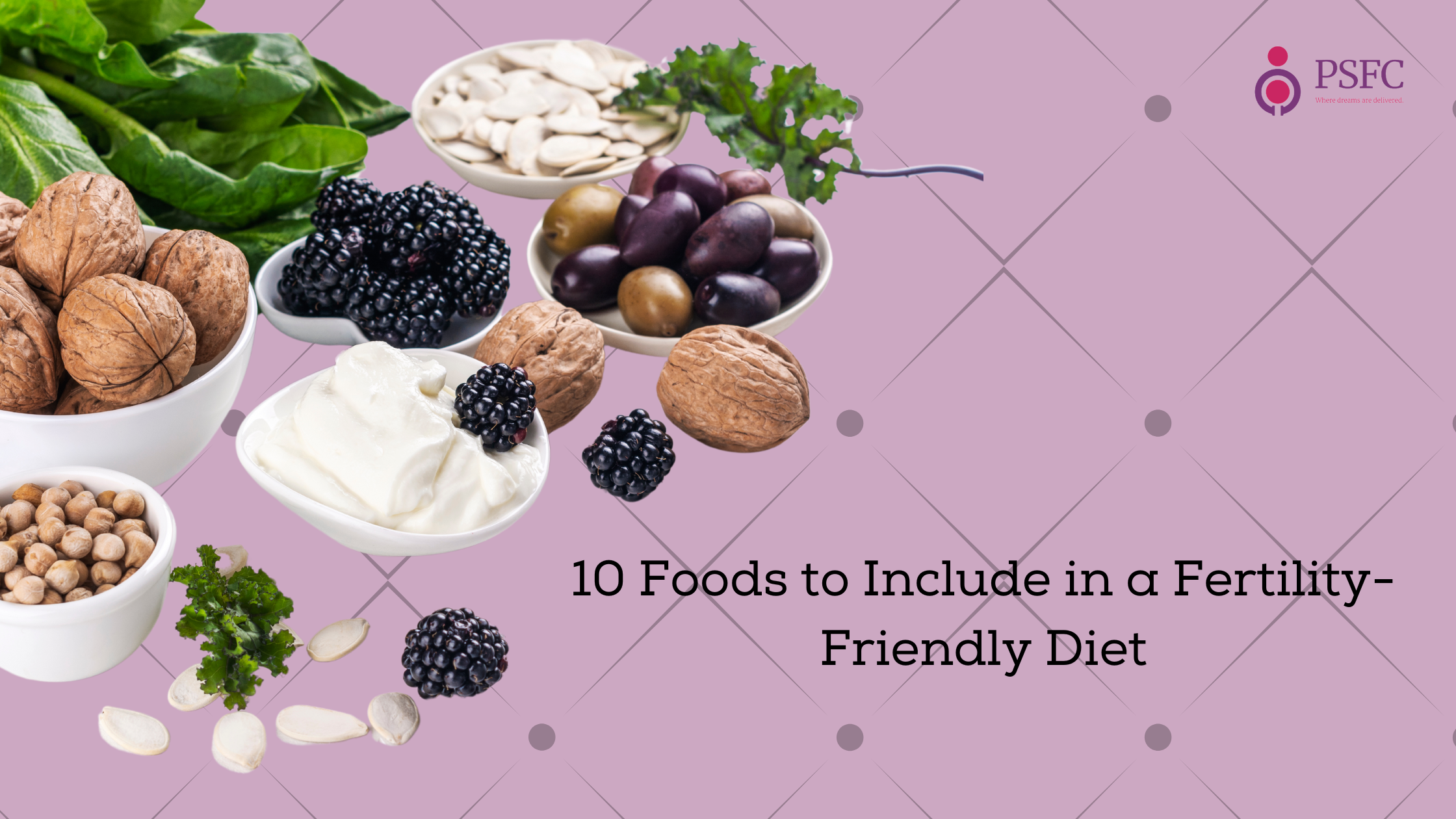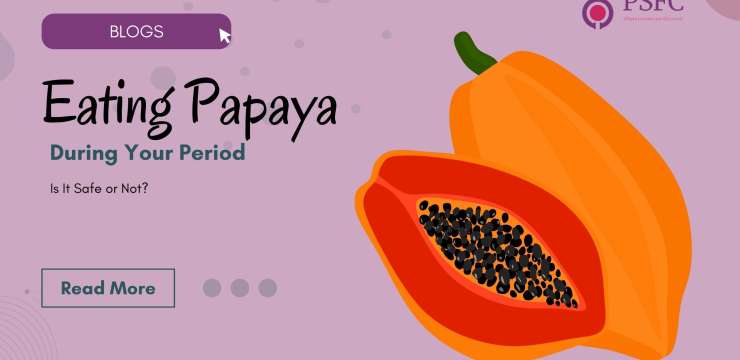Fertility is influenced by various factors, including age, lifestyle, and genetics. However, what you eat can significantly impact your reproductive health.
A fertility-friendly diet is rich in essential nutrients that support hormonal balance, improve egg and sperm quality, and prepare your body for a healthy pregnancy.
Whether you are trying to conceive naturally or undergoing fertility treatments, incorporating certain foods into your diet can be beneficial.
Here in this article let us look into the 10 foods to include in a fertility-friendly diet:
1. Leafy Green Vegetables
Spinach, kale, and Swiss chard are rich in folate, a B vitamin essential for cell division and DNA synthesis. Folate also helps prevent neural tube defects in the early stages of pregnancy. The high levels of antioxidants in leafy greens combat oxidative stress, which can damage egg and sperm cells.
How to Include: Add spinach to smoothies, include kale in salads, or sauté Swiss chard as a side dish.
2. Whole Grains
Whole grains like quinoa, brown rice, and oats are excellent sources of complex carbohydrates, fiber, and B vitamins. They help maintain steady blood sugar levels, which is crucial for hormonal balance. Refined carbs, on the other hand, can lead to insulin resistance, negatively impacting ovulation.
How to Include: Swap white rice with brown rice, use whole-grain bread, or enjoy a bowl of oatmeal for breakfast.
3. Fatty Fish
Salmon, mackerel, and sardines are rich in omega-3 fatty acids, which are known to reduce inflammation and improve blood flow to reproductive organs. Omega-3s also support the development of healthy eggs and improve sperm motility.
How to Include: Grill salmon for dinner, add mackerel to salads, or snack on sardines with whole-grain crackers.
4. Nuts and Seeds
Walnuts, almonds, flaxseeds, and chia seeds are packed with omega-3 fatty acids, vitamin E, and selenium. Vitamin E is an antioxidant that protects eggs and sperm from oxidative damage, while selenium improves sperm quality and motility.
How to Include: Sprinkle flaxseeds on yogurt, add chia seeds to smoothies, or snack on a handful of mixed nuts.
5. Berries
Strawberries, blueberries, and raspberries are loaded with antioxidants like vitamin C and folate, which support reproductive health. These antioxidants neutralize free radicals that can damage reproductive cells and tissues.
How to Include: Add berries to breakfast cereals, blend them into smoothies, or enjoy them as a healthy snack.
6. Dairy Products
Full-fat dairy products such as yogurt, milk, and cheese are rich in calcium, vitamin D, and other fertility-boosting nutrients. Studies have shown that consuming full-fat dairy may improve ovulation in women.
How to Include: Opt for full-fat Greek yogurt with fruit, drink a glass of whole milk, or add cheese to salads and meals.
7. Eggs
Eggs are a powerhouse of fertility-boosting nutrients, including protein, vitamin D, and choline. Choline is particularly important for brain development and may also improve embryo implantation.
How to Include: Enjoy boiled eggs as a snack, prepare scrambled eggs for breakfast, or add them to salads.
8. Avocados
Avocados are rich in healthy monounsaturated fats, which are essential for hormone production. They also provide vitamin E, potassium, and folate, all of which contribute to reproductive health.
How to Include: Add sliced avocado to sandwiches, blend it into smoothies, or enjoy it as guacamole with whole-grain chips.
9. Legumes
Beans, lentils, and chickpeas are excellent plant-based sources of protein, iron, and folate. Iron is crucial for ovulation and reducing the risk of ovulatory infertility.
How to Include: Add lentils to soups, use chickpeas in salads, or make bean-based dips like hummus.
10. Citrus Fruits
Oranges, grapefruits, and lemons are high in vitamin C and antioxidants that support healthy ovarian function. They also provide folate and potassium, which contribute to hormonal balance.
How to Include: Start your day with a glass of freshly squeezed orange juice, add lemon slices to water, or enjoy grapefruit as a mid-morning snack.
Additional Tips for a Fertility-Friendly Diet
- Stay Hydrated: Drinking plenty of water supports overall health and maintains optimal cervical mucus, which aids sperm movement.
- Limit Processed Foods: Reduce consumption of refined sugars, trans fats, and processed foods that can negatively affect hormonal balance.
- Choose Organic When Possible: Organic foods reduce exposure to pesticides and chemicals that may disrupt reproductive hormones.
- Moderate Caffeine and Alcohol: High caffeine and alcohol intake can negatively impact fertility, so consume them in moderation.
Final Thoughts
Adopting a fertility-friendly diet doesn’t just prepare your body for conception but also lays the foundation for a healthy pregnancy.
Combining these nutrient-rich foods with a balanced lifestyle, regular exercise, and stress management can enhance your chances of success.
Before making any dietary changes, consult a healthcare provider or nutritionist to ensure the best approach for your specific needs.
Looking for the best fertility specialist who can give you a friendly diet?
Pearl Singapore is the right place!




